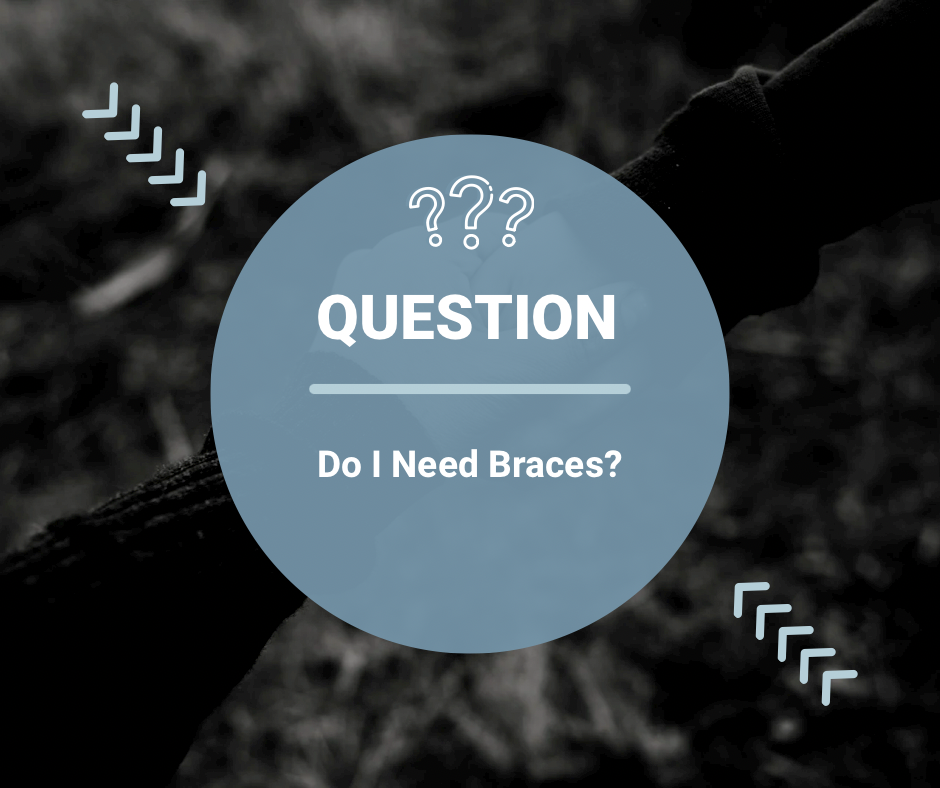⚠️ Medical Disclaimer
Important: This content is for informational and educational purposes only. It should not be used as a substitute for professional medical advice, diagnosis, or treatment. Always consult with a qualified healthcare provider before making changes to your diet, taking supplements, or if you have questions about a medical condition. Never disregard professional medical advice or delay seeking it because of information you read here.
Last Updated on January 12, 2024 by Grace Oluchi
Braces are commonly used to straighten teeth that aren’t in alignment. If you or your child need braces, the process can be expensive, time-consuming, and inconvenient. But corrective dental braces do have a high rate of success, and they leave you with oral health benefits that go beyond a perfect smile. Braces are most often prescribed during childhood or early adolescence. Adults are also getting braces more frequently. In fact, 20 percent of people with braces today are adults. If you believe you or a family member could benefit from braces, it’s better to know sooner rather than later.
Do I Need Braces As An Adult?
The signs that an adult needs braces can vary according to age and overall dental health. Adult braces are becoming increasingly common, and outcomes from adult braces are mostly positive. A 1998 survey concluded that needing braces is more common than not needing them, estimating that only 35 percent of adults have properly aligned teeth.
Signs You Need Braces As An Adult.
Symptoms that can indicate you need braces include:
- Teeth that are visibly crooked or crowded.
- Difficulty flossing between and brushing around crooked teeth.
- Frequently biting your tongue or cutting your tongue on your teeth.
- Teeth that don’t close over each other properly when your mouth is at rest.
- Difficulty pronouncing certain sounds due to your tongue’s position under your teeth.
- Jaws that click or make noises when you chew or first wake up.
- Stress or fatigue on your jawline after chewing food.
Does My Child Need Braces?
If your child needs braces, it can be a little more difficult to tell. If a child has baby teeth that are crooked or crowded, it can be a sign that they will need braces in the future.
Signs Your Child Needs Braces.
Some other signs include:
- Breathing through the mouth.
- Jaws that click or make other sounds.
- Being prone to biting the tongue, roof of the mouth, or inside of the cheek.
- Accidentally thumb-sucking or using a pacifier past the age of 2.
- Early or late loss of baby teeth.
- Teeth that don’t come together even when the mouth is shut completely.
- Teeth that are crooked or crowded.
Poor nutrition during the infant and toddler stage, poor dental hygiene, and genetics are all reasons why children (and adults) may end up needing braces.
More.
The American Academy of Orthodontics recommends that all children have an appointment with an orthodontist no later than age 7. The logic behind this recommendation is that when a need for braces is identified, early treatment can improve outcomes.
Even children with no visible crowding or slant to their teeth can benefit from a check-in with an orthodontist. The best age for getting braces varies from person to person. Most of the time, treatment with braces begins between the ages of 9 and 14, once children start to get their permanent teeth.
The Key Takeaway.
If you or your child has any of the symptoms listed above, it may be time to consider braces. Braces can be expensive and time-consuming, but they can also provide long-term benefits for your oral health. If you are unsure whether you or your child needs braces, it is best to see an orthodontist. They can help you determine whether braces are necessary and what type of braces would be best for your situation.
FAQs On Do I Need Braces.
How long does it take to get braces?
The length of time you need to wear braces depends on the severity of your dental issues. On average, most people wear braces for 18 to 24 months. However, some people may need to wear braces for up to three years.
How much do braces cost?
On average, traditional metal braces cost between $3,000 and $7,000. Ceramic braces can cost between $4,000 and $8,000, while lingual braces can cost between $8,000 and $10,000. Invisalign braces can cost between $3,500 and $8,000.
Can I still play sports with braces?
Yes, you can still play sports with braces. But , you should wear a mouthguard to protect your teeth and braces from damage. Your orthodontist can recommend a mouthguard that is suitable for your needs.
Can I still play a musical instrument with braces?
Yes, you can still play a musical instrument with braces. It will only take you some time to adjust to playing with braces. You may experience some discomfort at first, but this should go away overtime.
How often do I need to visit the orthodontist while wearing braces?
You will need to visit the orthodontist every four to six weeks while wearing braces. During these visits, your orthodontist will check the progress of your treatment and make any necessary adjustments to your braces.

